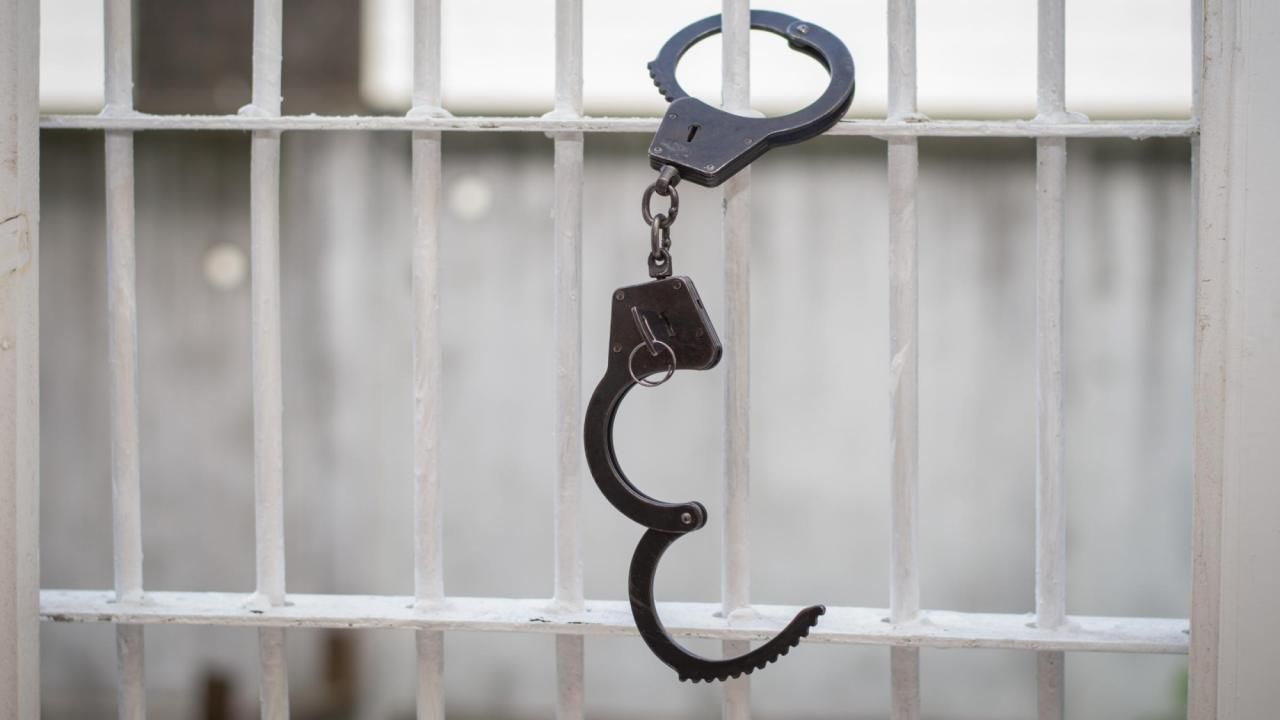NC bill could make it harder to exonerate innocent prisoners

Prosecutors appear to be winning a push to make it harder for North Carolina to exonerate innocent people who were wrongfully convicted.
A bill to do so passed a state Senate committee Thursday, over objections from Democrats and a lawyer involved in exoneration work — who said the existing system works fine and doesn’t need to be changed.
The lead sponsor of House Bill 790 is Rep. Reece Pyrtle, R-Rockingham, a former police chief. He said prosecutors are being treated unfairly under the current system and so he worked with the Conference of District Attorneys, which lobbies on behalf of prosecutors, to write this bill that changes the way the North Carolina Innocence Inquiry Commission is run.
Brad Bannon, a Chapel Hill attorney who has worked on high-profile exoneration cases in the past and is a former president of the group North Carolina Advocates for Justice, said there’s no evidence to Pyrtle’s claim that the current system is stacked against prosecutors. The Innocence Inquiry Commission was created in 2006 and Bannon told lawmakers Thursday that since then, prosecutors have fought against 12 claims of innocence at the commission — and have won eight of those 12.
The commission's website says it has taken on 20 cases in its history, out of more than 2,500 requests.
A representative from the Innocence Inquiry Commission said at Thursday’s hearing that they objected to an earlier version of the bill that was more sweeping, but did manage to work with GOP legislators and the Conference of District Attorneys to remove some parts that especially worried them.
The commission is not taking a stance on the most contentious remaining provision of the bill, which would limit what evidence people can try using to prove they’re innocent.
Chuck Spahos, a lobbyist for the Conference of District Attorneys, said prosecutors want the same evidence rules from trial to be used when someone is pursuing a claim of innocence.
Sen. Natasha Marcus, D-Mecklenburg, said that made little sense to her. It’s entirely possible, she said, that a main reason an innocent person would get wrongfully convicted is if they weren’t allowed to show important evidence at trial.
“I feel like what this bill is doing is keeping in place some of the way justice was miscarried, by wrongfully keeping out evidence,” Marcus said.
The change in the bill would specifically require the three-judge panels that hear innocence claims to follow all the regular courtroom rules of evidence, which for example prohibit hearsay testimony.
Bannon said those rules are in place during trials to stop jurors, who typically have no legal training, from being wrongfully swayed. But he hopes a panel of three experienced judges would be able to hear additional evidence, which the jury didn’t get to hear, and then use their own experience as judges to determine whether it’s credible.
“That was sort of the whole point,” he said.
Spahos called North Carolina’s push to exonerate innocent people using a state agency like the Innocence Inquiry Commission “one of the broadest assaults on convictions in the country.” Under pushback from Marcus, though, he acknowledged that the Conference of District Attorneys doesn’t believe any of the people declared innocent and set free were actually guilty.
Spahos defended the stricter evidence rules being proposed, saying it’s simply needed for consistency and fairness. But Sen. Mujtaba Mohammed, D-Mecklenburg, questioned whether that was the true reason behind it.
A public defender, Mohammed said prosecutors don’t seem to have a problem with other instances when the rules of evidence don’t apply and can be worked to their advantage, such as in search warrants or probation hearings.
In addition to changing what evidence people can try using to prove their innocence, a less controversial part of the bill would also consolidate more power over the process under North Carolina Supreme Court Chief Justice Paul Newby.
The chief justice already has the authority to appoint the three-judge panels, and he also appoints half of the board members on the Innocence Inquiry Commission. The other half are appointed by a fellow Republican judge, Court of Appeals Chief Judge Donna Stroud. Those board members are the ones who vote on whether a claim of innocence is believable enough to go to a three-judge panel for the final hearing.
This bill would give Newby further control, via the special prosecutor who handles innocence hearings on behalf of the state. That role has been picked by the state attorney general, who is currently a Democrat, Josh Stein. This bill would transfer that power to the director of the state courts system, a political appointee picked by the chief justice.
The courts system did not request the change; Spahos said other situations requiring special prosecutors are already handled similarly and this change will just bring innocence hearings in line with those.











